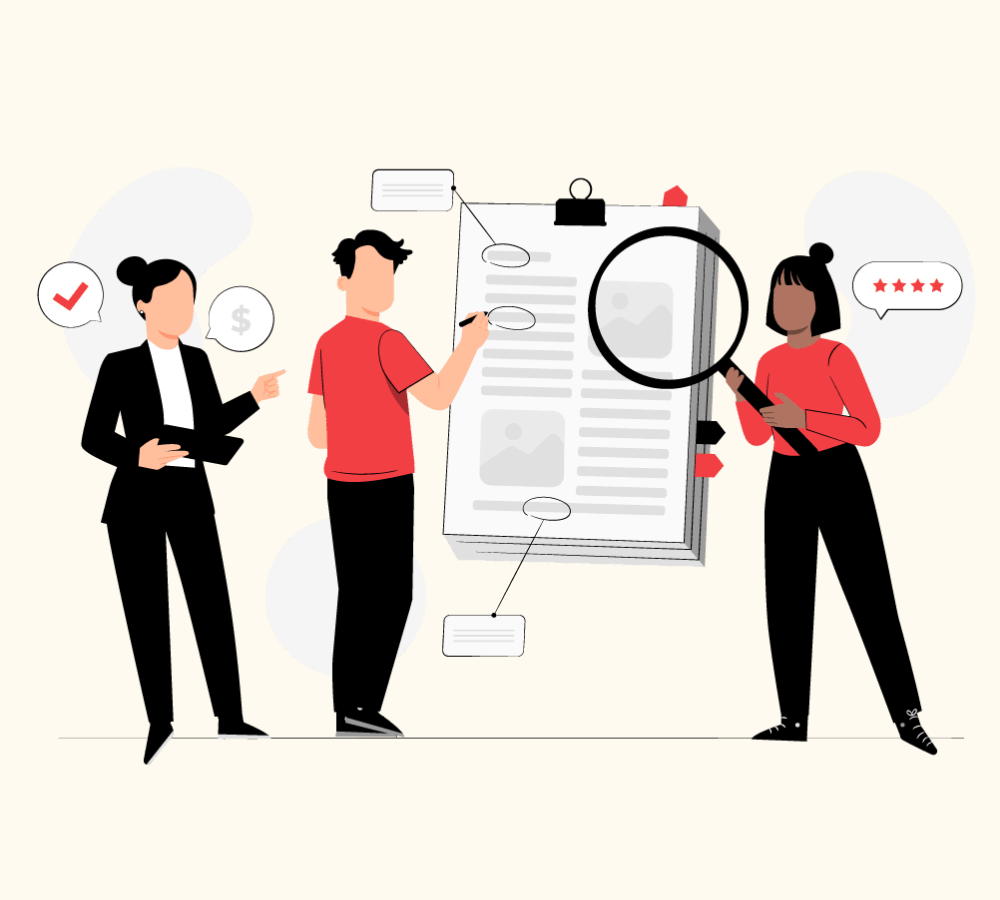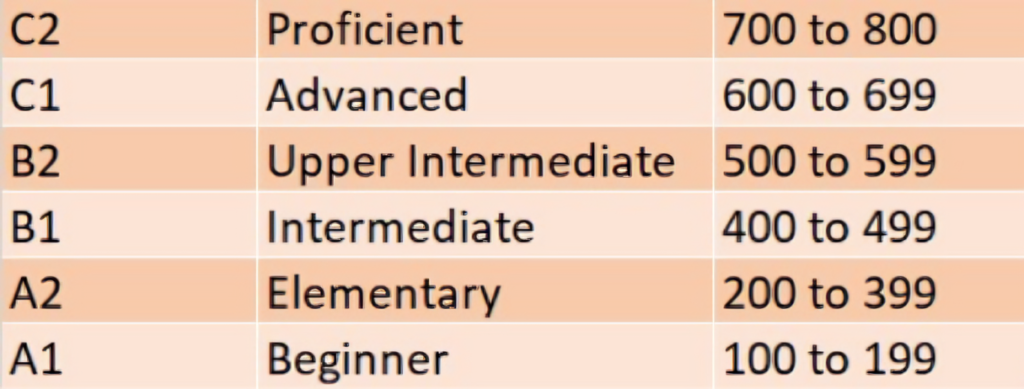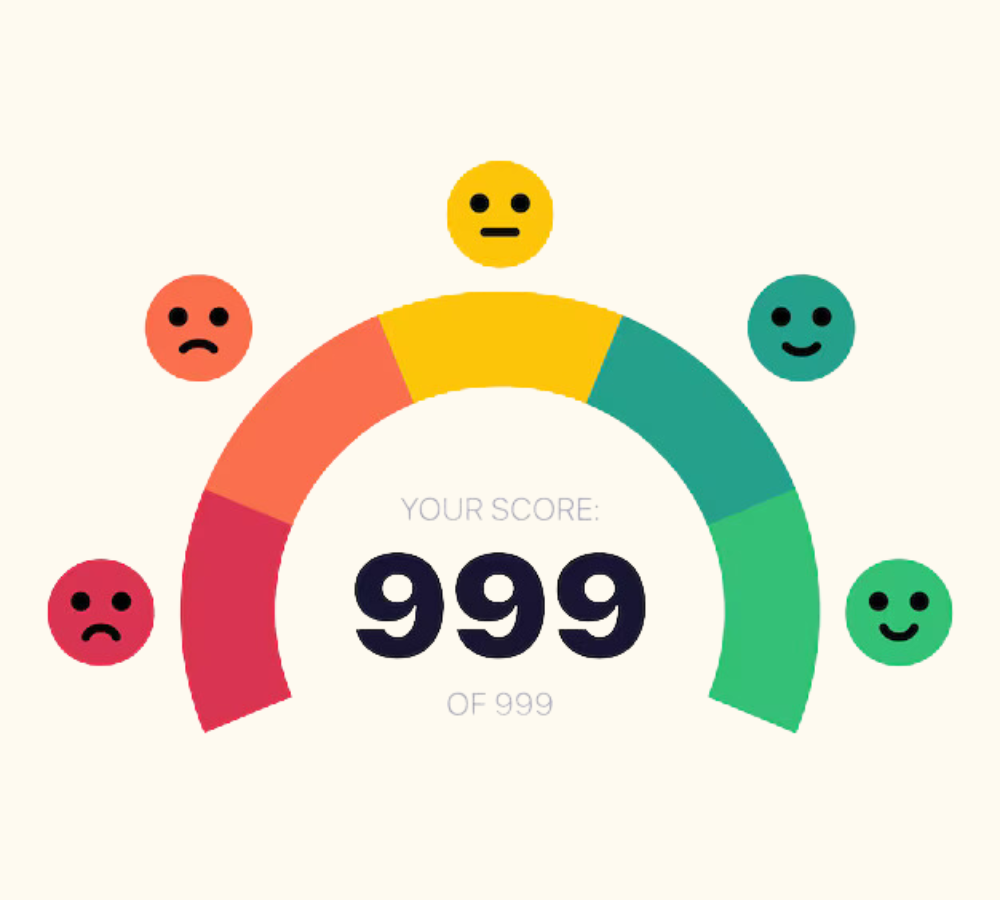
Test de Connaissance du Français

TCF / TEF
- Listening Comprehension
- Reading Comprehension
- Speaking
- Writing
- Structural Mastery
The test is divided into two sections: a compulsory section that includes listening, reading, and grammar, and an optional section that includes speaking and writing.
The TCF test is ideal for:
Students
Those planning to enrol in French-speaking universities or educational institutions.
Professionals
Individuals seeking employment opportunities in French-speaking environments or looking to advance their careers.
Immigrants
People applying for residency or citizenship in a French-speaking country.
Language Enthusiasts
Anyone interested in certifying their French language proficiency.
Scoring Structure
The TCF test consists of both compulsory and optional sections. Each section is scored separately, and the overall score reflects your proficiency level.
Listening Comprehension
- Number of Questions: 29
- Score Range: 0 to 699
- Duration: 25 minutes
Reading Comprehension:
- Number of Questions: 29
- Score Range: 0 to 699
- Duration: 45 minutes
Structural Mastery
- Number of Questions: 18
- Score Range: 0 to 699
- Duration: 15 minutes
Optional Sections
- Speaking: Format: One-on-one interview with an examiner
- Score Range: 0 to 20
- Duration: 12 minutes
Writing
- Number of Tasks: 3
- Score Range: 0 to 20
- Duration: 60 minutes

Total Score and CEFR Levels
The total score from the compulsory sections determines your overall TCF proficiency level, ranging from A1 (beginner) to C2 (advanced). Each CEFR level corresponds to a specific score range:

Interpretation of Scores
Beginner: Basic knowledge of French, able to understand and use familiar everyday expressions and basic phrases.
Elementary: Can understand sentences and frequently used expressions related to areas of immediate relevance.
Intermediate: Capable of dealing with most situations likely to arise while traveling in a French-speaking area. Can produce simple connected text on familiar topics.
Upper Intermediate: Can understand the main ideas of complex text on both concrete and abstract topics, including technical discussions in their field of specialization.
Advanced: Can express ideas fluently and spontaneously without much obvious searching for expressions. Can use language flexibly and effectively for social, academic, and professional purposes.
Proficient: Can understand with ease virtually everything heard or read. Can summarize information from different spoken and written sources, reconstructing arguments and accounts in a coherent presentation.

Advanced
Can express ideas fluently and spontaneously without much obvious searching for expressions. Can use language flexibly and effectively for social, academic, and professional purposes.
Proficient
Can understand with ease virtually everything heard or read. Can summarize information from different spoken and written sources, reconstructing arguments and accounts in a coherent presentation.